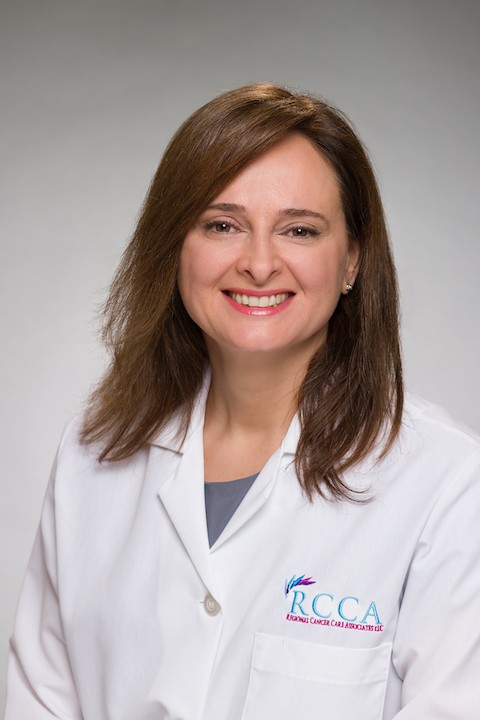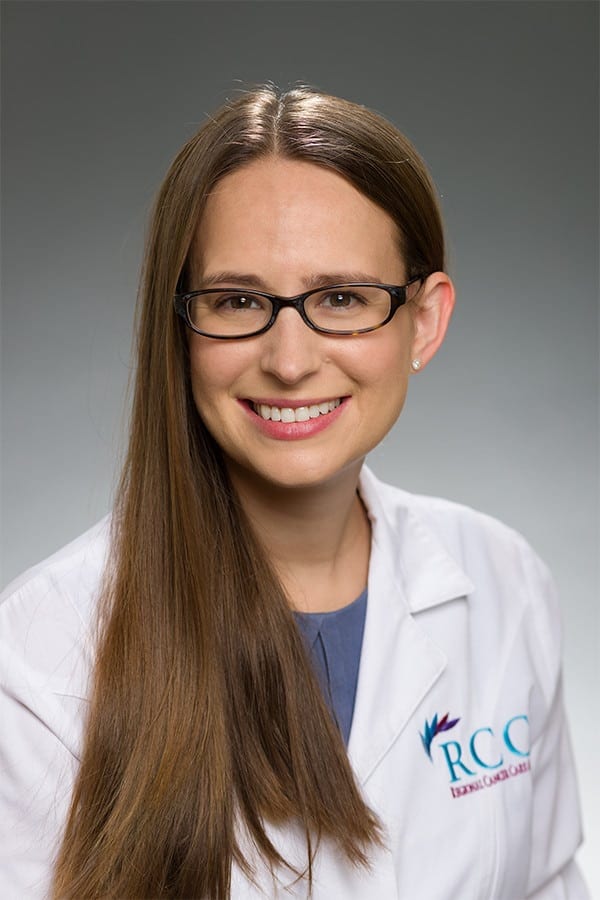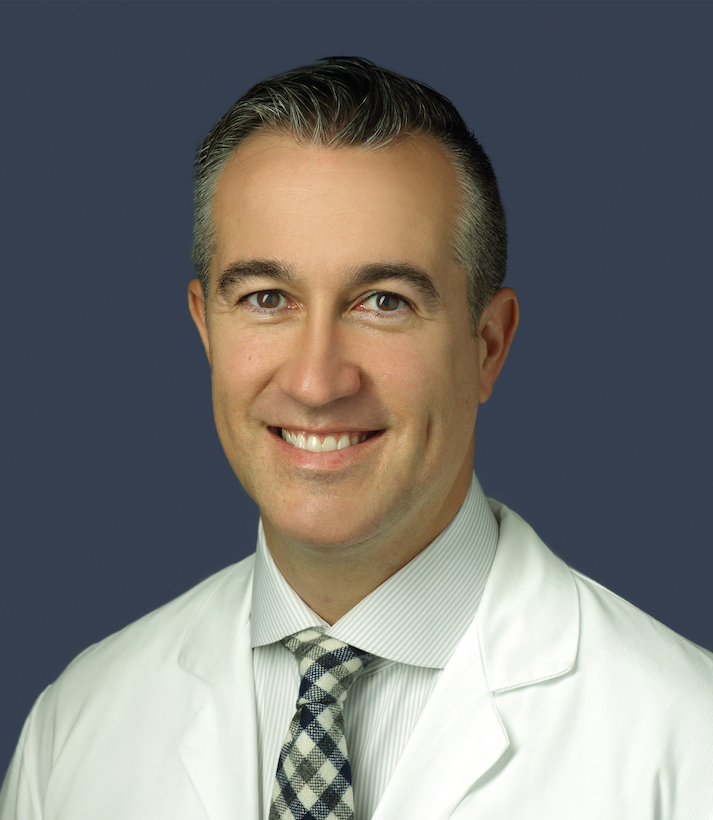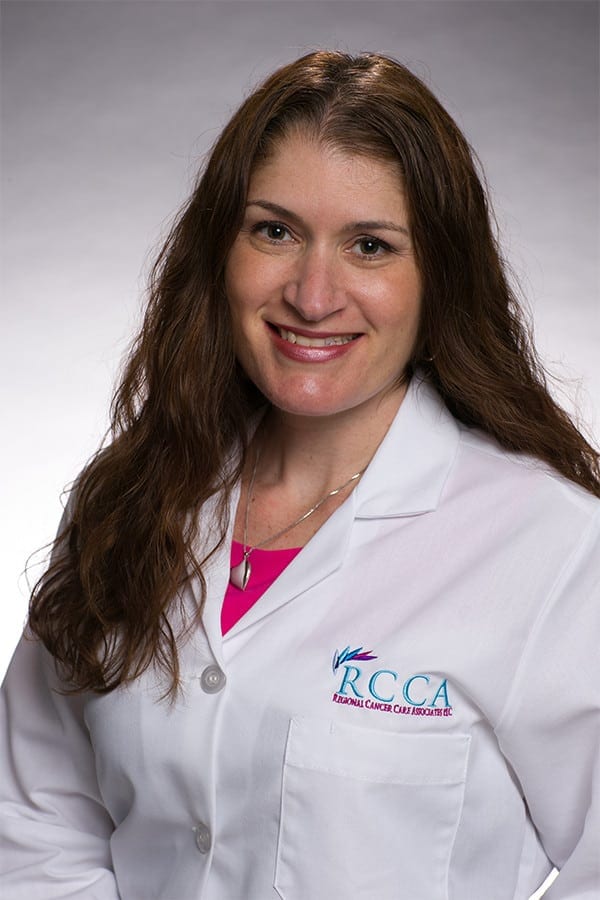Stomach Cancer Treatment Options in Connecticut, Maryland, and New Jersey
When it comes to stomach cancer care, the right treatment plan depends on the patient’s age, stage of the cancer, and other factors. That’s why it’s so important to place your trust in the experts at Regional Cancer Care Associates, who deploy a multidisciplinary approach to treating stomach cancer. With numerous state-of-the-art facilities in Connecticut, Maryland, and New Jersey, we’re standing by to help you or your loved one attain the best possible outcome.
Surgical Treatments for Stomach Cancer
Depending on the disease’s progression and the patient’s overall health, we may recommend one of the following types of surgical treatments:
Endoscopic Resection
This type of surgery is done without making an incision. Instead, the surgeon passes a long, flexible tube, with a tiny camera called an endoscope, down the esophagus to the stomach. Surgical tools can then be maneuvered through the endoscope to remove the tumor.
Subtotal Gastrectomy
Also called partial gastrectomy, this operation is usually recommended when the cancer is located only in one part of the stomach. A portion of the stomach is extracted to remove the cancer and prevent it from spreading.
Total Gastrectomy
This procedure is typically reserved for when the cancer has spread throughout the stomach. The surgeon must remove the entire stomach and sometimes parts of nearby organs. The esophagus is then connected to the small intestine so that the patient can digest small amounts of food at a time.
Radiosurgery
Radiosurgery is an effective treatment when the cancer’s boundaries are clearly defined. Doctors use robotics to aim a focused beam of high-intensity radiation at the tumor. This technique kills the tumor while limiting the damage to normal tissues. Doctors may then perform an endoscopic resection or gastrectomy to remove parts of the dead tumor as necessary.
Non-Surgical Stomach Cancer Treatments
Regardless of whether surgery is required, all patients with stomach cancer can expect to receive any of the following treatment options:
- Active surveillance: The cancer is monitored for changes or growth.
- Chemotherapy: Also known as chemo, this treatment deploys powerful drugs that attack and kill cancer cells.
- Clinical trials: Enrolling in a clinical trial grants you access to cutting-edge treatments that are still in development. They are safe, affordable, and often highly effective.
- Immunotherapy: This treatment boosts your immune system, helping it to identify and fight back the cancer more effectively.
- Palliative care: This targets the negative side effects of cancer and treatment, helping patients maintain a higher quality of life.
- Radiation therapy: High-energy radiation beams are used to destroy cancer cells or stop them from growing.
- Targeted therapy: Targeted therapies are drugs that can directly attack the cancer without causing the side effects of chemotherapy.

Stomach Cancer Treatment at Regional Cancer Care Associates
Regional Cancer Care Associates has been serving patients, families, and communities in Connecticut, Maryland, and New Jersey for years. When it comes to developing a stomach cancer treatment plan, we’re equipped with the expertise and state-of-the-art technology to provide the most effective stomach cancer treatments possible. To learn more, contact us today.
PHYSICIANS SPECIALIZED IN STOMACH CANCER
View All Cancer Trials
When standard cancer treatments aren’t providing the results you want, clinical trials may offer hope. Our physicians use clinical trials to study new treatments, helping transform cancer care for the better. You can enroll in a clinical trial to try groundbreaking treatment plans at zero cost to you.

Regional Cancer Care Associates is one of fewer than 200 medical practices in the country selected to participate in the Oncology Care Model (OCM); a recent Medicare initiative aimed at improving care coordination and access to and quality of care for Medicare beneficiaries undergoing chemotherapy treatment.














